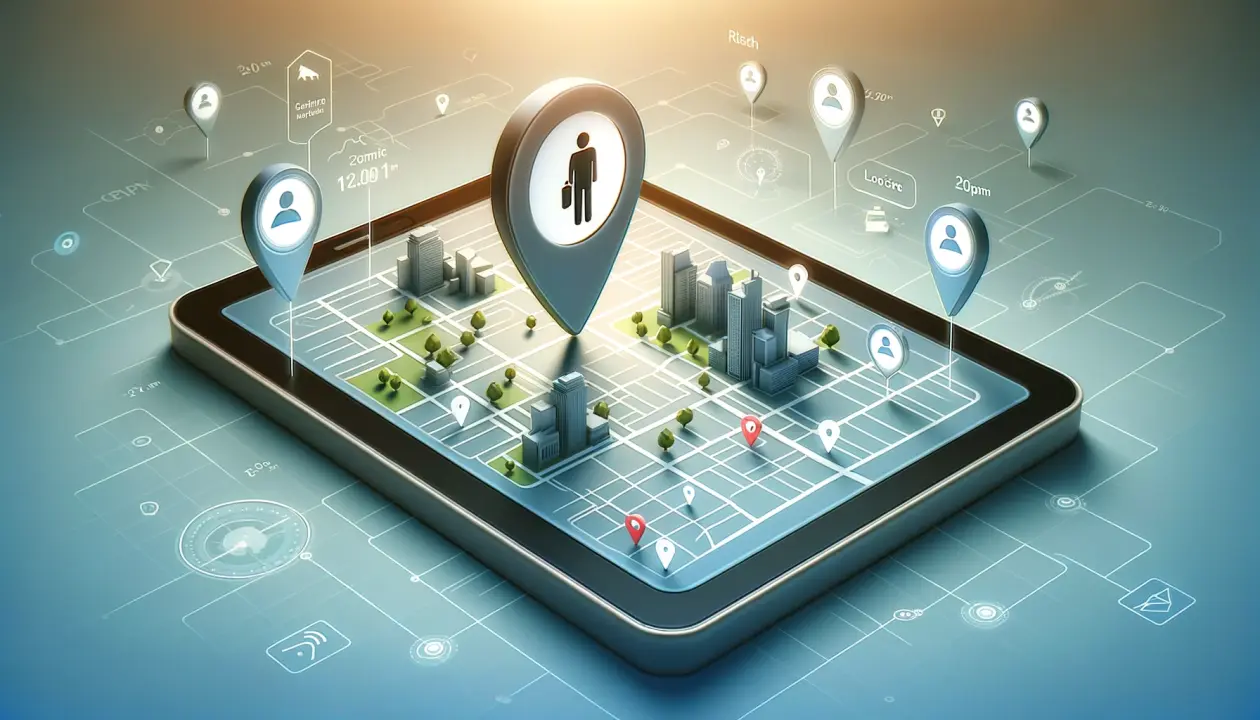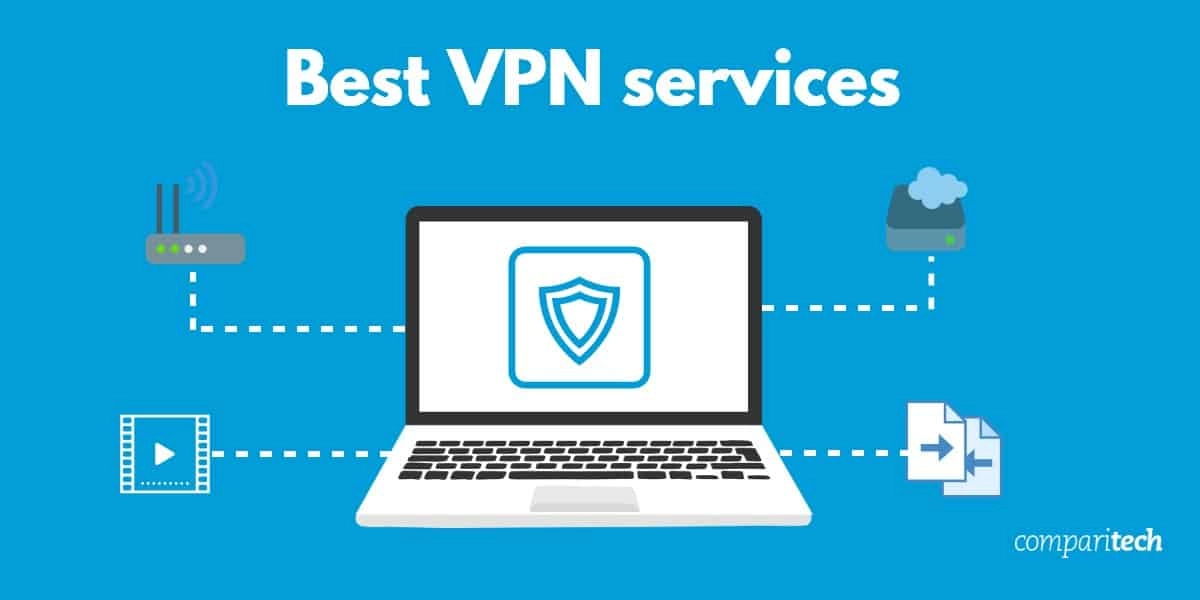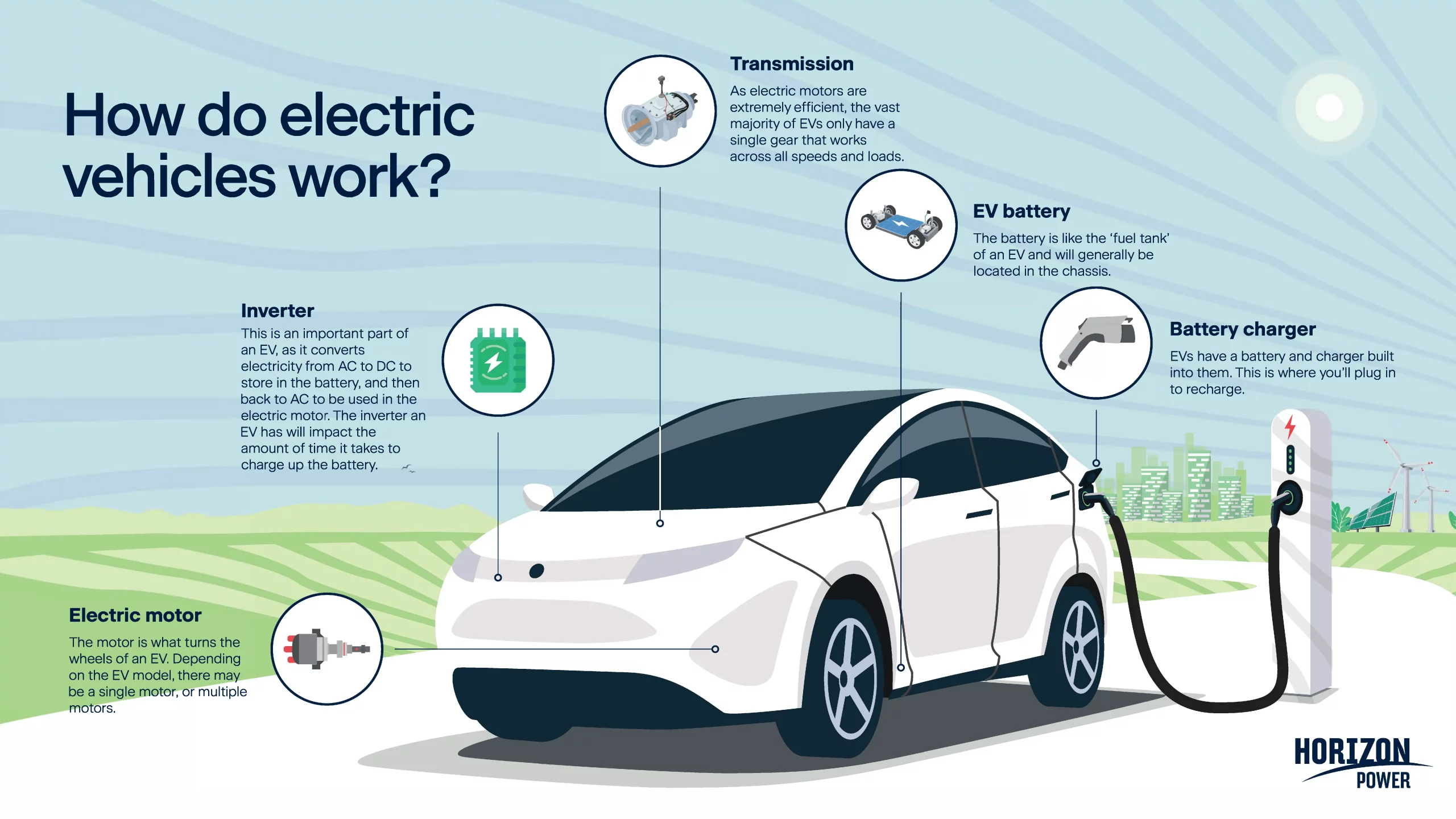Revolutionize Your Business with GPS Technology

In an era dominated by rapid technological advancements, Global Positioning System (GPS) technology has emerged as a cornerstone in the evolution of modern businesses. Originally developed for military navigation, GPS has transcended its initial purpose, becoming integral to the operational framework of various industries around the globe. The essence of GPS technology for business lies in its ability to provide precise location data, a feature that has proven to be a game-changer in the way companies operate and strategize. At its core, GPS technology harnesses signals from satellites orbiting the Earth to pinpoint exact locations on the planet’s surface. This capability opens up a myriad of opportunities for businesses to enhance efficiency, improve customer service, and ensure employee safety, amongst other benefits.
The integration of GPS technology into business operations is not just a trend but a strategic move to stay ahead in a competitive market. It serves as a powerful tool that can streamline logistics, bolster fleet management, and carve out a path for real-time decision-making based on accurate data. The beauty of GPS technology lies in its versatility and applicability across various business models and industries, from transportation and logistics to agriculture and construction. As we delve deeper into the intricacies of how GPS technology can revolutionize business operations, it becomes clear that its adoption is not merely an option but a necessity for modern enterprises aiming for sustainability and growth.
The journey of understanding the impact of GPS technology on businesses begins with an exploration of its benefits. By shedding light on the tangible advantages it brings to the table, we can appreciate the transformative power of GPS technology in reshaping the landscape of business operations.
Table of Contents
The Benefits of Using GPS Technology in Business Operations
The adoption of GPS technology in business operations opens a treasure trove of benefits that can propel companies towards operational excellence and unprecedented efficiency. One of the most compelling advantages is the significant enhancement in logistics and fleet management. GPS technology enables businesses to monitor their vehicles in real-time, optimizing routes to reduce fuel consumption and delivery times. This not only leads to cost savings but also contributes to a greener planet by minimizing carbon emissions.
Furthermore, GPS technology plays a pivotal role in improving customer service and satisfaction. In today’s fast-paced world, customers expect timely and accurate services. GPS tracking allows businesses to provide customers with real-time updates about the status of their deliveries, elevating the customer experience to new heights. This transparency builds trust and loyalty, key components in maintaining a competitive edge.
Another noteworthy benefit is the enhancement of employee productivity and safety. GPS technology can monitor the whereabouts of field personnel, ensuring they are in safe environments and adhering to scheduled routes and tasks. This oversight helps in streamlining operations and safeguarding employees, especially those in high-risk roles or remote locations. The ability to quickly respond to any incidents or emergencies further underscores the importance of GPS technology in creating a safer workplace.
Examples of How GPS Technology Can Be Used for Business
The versatility of GPS technology allows it to be harnessed in numerous innovative ways across different business sectors. In the logistics and delivery industry, GPS technology is indispensable for route optimization, enabling companies to navigate through the most efficient paths and avoid traffic congestion. This optimization leads to faster delivery times, which is a critical factor in customer satisfaction and retention.
In the realm of agriculture, GPS technology revolutionizes traditional farming practices. Farmers use GPS-guided equipment for precise planting, watering, and harvesting, enhancing crop yields while conserving resources. This precision agriculture facilitates a more sustainable and productive farming approach, reducing waste and increasing efficiency.
The construction industry benefits from GPS technology through improved asset management and project monitoring. Contractors use GPS tracking to monitor the location and usage of expensive machinery, preventing theft and unauthorized use. Additionally, GPS devices help in mapping out construction sites, ensuring that projects adhere to planned designs and specifications.
Enhancing Logistics and Fleet Management with GPS Technology
Delving deeper into logistics and fleet management, the impact of GPS technology cannot be overstated. The real-time tracking of vehicles not only ensures the efficient dispatch and delivery of goods but also provides invaluable data for analyzing and improving logistics operations. Companies can monitor travel times, stop durations, and even driving behaviors, allowing for the implementation of measures to boost efficiency and safety.

Moreover, GPS technology aids in preventive maintenance of the fleet. By tracking the mileage and usage of vehicles, businesses can schedule maintenance activities before breakdowns occur, reducing downtime and prolonging the lifespan of their assets. This proactive approach to fleet management ensures that vehicles are always in optimal condition, ready to serve the needs of the business and its customers.
The integration of GPS technology into fleet management systems also enhances security measures. In case of theft or unauthorized use of vehicles, GPS tracking enables businesses to quickly locate and recover their assets. This capability not only protects the company’s property but also ensures the continuity of operations, minimizing disruptions and losses.
Improving Customer Service and Satisfaction with GPS Tracking
In the domain of customer service, GPS technology acts as a catalyst for delivering exceptional experiences. Real-time tracking of deliveries empowers customers with knowledge about the whereabouts of their orders, setting realistic expectations for arrival times. This level of transparency is especially crucial in industries where timing is paramount, such as food delivery or emergency services.
Additionally, GPS technology allows businesses to respond swiftly to customer inquiries and concerns regarding their orders. The ability to provide accurate, up-to-the-minute information enhances communication and builds a positive rapport with customers. This responsiveness is a cornerstone of high-quality customer service, fostering a sense of reliability and trustworthiness.
The data gathered through GPS tracking also offers insights into customer behavior and preferences, enabling businesses to tailor their services accordingly. Analyzing delivery routes, times, and customer feedback can unveil opportunities for optimization and personalization, further elevating the customer experience and driving loyalty.
Enhancing Employee Productivity and Safety with GPS Technology
The welfare and efficiency of employees are paramount for any business, and GPS technology plays a significant role in maximizing both. For employees working in the field or on the road, GPS devices ensure their safety by facilitating quick responses in case of emergencies. Managers can pinpoint the exact location of an employee in distress, dispatching assistance with precision and speed.

GPS technology also fosters a culture of accountability and productivity among employees. By monitoring the routes and stops made during working hours, businesses can identify any deviations from assigned tasks or unnecessary delays. This oversight encourages employees to adhere to their schedules and tasks, enhancing overall productivity.
Furthermore, the data collected through GPS tracking provides a basis for performance evaluations and training programs. Businesses can identify areas where employees excel or need improvement, tailoring training initiatives to enhance skills and efficiency. This personalized approach to employee development not only boosts productivity but also motivates staff by investing in their professional growth.
Real-time Monitoring and Reporting with GPS Technology
The dynamic nature of business operations necessitates a tool that provides real-time insights and reporting, and GPS technology fits this requirement perfectly. The ability to monitor assets, employees, and operations as they happen allows for immediate decision-making and adjustments. This real-time oversight is critical in industries where conditions change rapidly, such as transportation, logistics, and emergency services.
GPS technology also simplifies the reporting process, automating the collection and analysis of data. Businesses can generate reports on various aspects of their operations, from fleet efficiency and route optimization to employee productivity and safety compliance. These reports provide a comprehensive overview, enabling strategic planning and continuous improvement.
Moreover, the integration of GPS technology with other business systems enhances its value further. By combining GPS data with inventory management or customer relationship management (CRM) systems, businesses can achieve a holistic view of their operations. This integration fosters informed decision-making, streamlined processes, and a competitive edge in the market.
Choosing the Right GPS Technology for Your Business
Selecting the appropriate GPS technology is crucial for realizing its full potential in enhancing business operations. The decision should be based on a thorough analysis of the business’s specific needs, objectives, and budget. Factors such as the scale of operations, industry requirements, and the level of detail needed in tracking and reporting should guide the selection process.
Furthermore, businesses should consider the usability and integration capabilities of the GPS technology. A user-friendly interface ensures that employees can effectively utilize the system, while integration with existing business software maximizes efficiency and data utilization. Security features are also paramount, as GPS technology handles sensitive location data that must be protected from unauthorized access.
Consulting with GPS technology providers can offer valuable insights and recommendations tailored to the business’s unique context. These experts can demonstrate how different solutions work and highlight their benefits and limitations, aiding in an informed decision-making process.
Implementing GPS Technology in Your Business
The implementation of GPS technology in a business requires careful planning and execution to ensure a smooth transition and maximum benefit. The first step involves defining clear objectives for what the business aims to achieve with GPS technology, such as improved fleet management, enhanced customer service, or increased employee productivity. Setting these goals provides direction and a framework for measuring success.

Training employees on how to use the GPS technology is essential for its effective adoption. Comprehensive training sessions should cover the operation of the GPS devices, interpretation of data, and adherence to privacy and data protection policies. Engaging employees in the implementation process fosters acceptance and encourages a positive attitude towards the new technology.
Regular monitoring and evaluation of the GPS technology’s impact on business operations are vital for optimizing its use. Gathering feedback from employees and customers can unveil insights into areas for improvement or additional training needs. Continuous refinement based on this feedback ensures that the business fully capitalizes on the benefits of GPS technology.
What Are the Benefits of Using GPS Technology in Business?
Revisiting the benefits of using GPS technology in business underscores its transformative potential. The ability to track and manage assets in real-time enhances operational efficiency and security, while data-driven insights facilitate informed decision-making and strategic planning. Improved customer service through timely and accurate deliveries fosters trust and loyalty, setting the business apart from competitors.
The safety and productivity of employees are significantly bolstered by GPS technology. Real-time monitoring ensures quick responses to emergencies, while data analysis enables targeted training and performance improvement. This focus on employee welfare not only boosts productivity but also enhances job satisfaction and retention.
The overarching benefit of GPS technology in business is its capacity to drive growth and sustainability. By streamlining operations, optimizing resources, and delivering exceptional customer experiences, businesses can achieve a competitive edge. The adoption of GPS technology is not merely a technological upgrade but a strategic investment in the future success of the business.
Conclusion: Embracing the Power of GPS Technology in Business
The journey through the realms of GPS technology for business reveals a landscape ripe with opportunities for growth, efficiency, and innovation. From enhancing logistics and fleet management to improving customer service and employee productivity, the benefits of GPS technology touch every aspect of business operations. The examples and strategies discussed illustrate the versatility and impact of this technology across various industries, highlighting its role as a catalyst for transformation.
Choosing and implementing the right GPS technology requires a thoughtful approach, guided by the business’s specific needs and goals. By embracing GPS technology, businesses can unlock new levels of operational excellence and competitive advantage. The future belongs to those who leverage the power of technology to revolutionize their operations, and GPS technology stands as a beacon for businesses aiming to navigate the path to success in the digital age.
As we conclude this exploration of GPS technology in business, let us remember that the journey of innovation is ongoing. The potential of GPS technology is vast, and its future applications and advancements promise to further revolutionize business operations. Embracing this technology today prepares businesses for the challenges and opportunities of tomorrow, ensuring a dynamic and prosperous future in the ever-evolving digital landscape.






